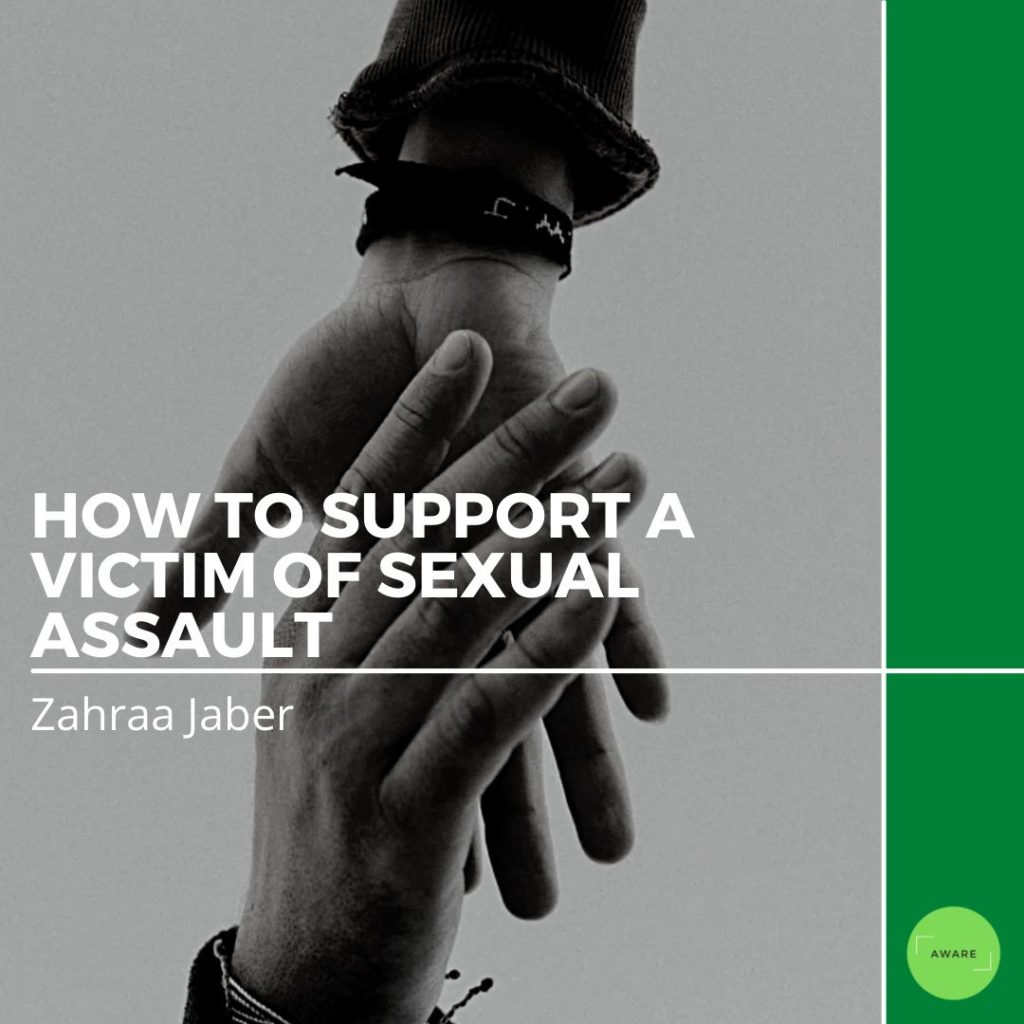When someone you know has been sexually assaulted, it can be difficult to know what to say or do. Oftentimes, the best thing you can do is to just make yourself available. It is also important to actively listen to what they have to say if they want to talk. Strive to be supportive and nonjudgmental and assure them that you believe them. It is also important to remind your loved one that what happened was not their fault and that they did not do anything to deserve what happened to them.
Empower Your Loved One
Remember, if your friend or family member has been assaulted, they were stripped of their control in the situation. For this reason, you want to empower them to make decisions about what steps to take next. Avoid giving too much advice or trying to fix the situation. Instead, if they want to get a medical exam or report the incident to the appropriate authorities, offer to go with them. Do not pressure them into taking steps they are not ready for. As much as you want justice, your loved one needs to decide what steps to take and when.
Ask How You Can Help
It is human nature to want to take charge of the situation when someone you love is hurting. However, it can be very disempowering to the victim. Instead, ask what your friend or family member would like for you to do. Sometimes the answer will be as simple as just being there. For instance, loved ones sometimes are afraid to be alone. So, they may want you to stay with them for a few nights, or they might want someone to go with them to the emergency room because the idea of getting a physical exam is frightening.
The Healing Process
Here are some specific phrases the National Sexual Assault Hotline staff at RAINN recommend using to be supportive through the healing process of a survivor –
- “I believe you. It took a lot of courage to tell me about this.”
- “It is not your fault. You did not do anything to deserve this.”
- “You are not alone. I care about you and am here to listen or help in any way I can.”
- “I am sorry this happened. This should not have happened to you.”
Support in the Middle East
Now more than ever, Arab women need to be aware of the resources available to them when it comes to help with sexual abuse. Here are some hotlines –
Lebanon – 1745/(+961) 3 018019
Algeria – 021332929
Tunisia – 1899
Morocco – (+212) 7 00 150271
Palestine – +972 2 656 2272
Sudan – 0930008057
Iran – 129
Iraq – 139
Turkey – 0212-656-9696/183
Syria – 00963113330714
Libya – 1417
Egypt – 15115
Bahrain – 38447588/66710901
Kuwait – 94000435
Saudi Arabia – 1919
Oman – 1100
UAE – 800111
Jordan – 110
Supporting a friend or family member that has been sexually assaulted is not a one-time situation. The healing process is ongoing, and you want to be as supportive as you can. Touch base periodically with your friend or family member. Even if the assault happened a while ago, that does not mean that the pain is gone. Remind them that you still care about their wellbeing and ask if they need anything. Be willing to listen if they need to vent and point them toward appropriate resources when needed. Remember, you can support your loved ones through the healing process, but you cannot heal them.
